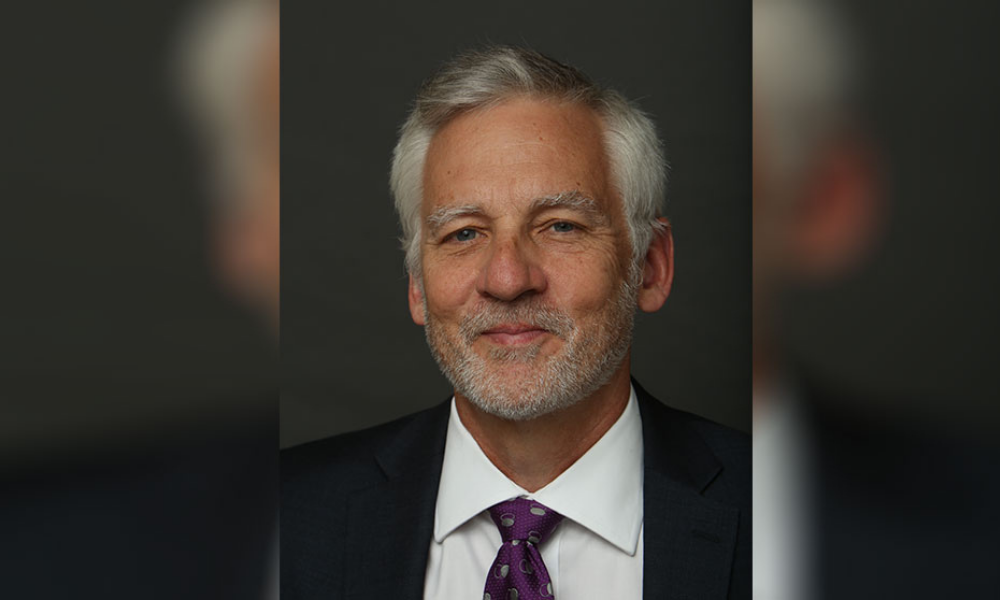Officer deprived family affected by 'massive violation of human rights'

After winning their appeal at the Federal Court of Canada, an Afghan family who fled their country for fear of persecution by the Taliban will have their permanent-resident-visa application reconsidered.
In a decision released Apr. 1, Justice Martine St-Louis found the immigration officer’s decision to reject the application was unreasonable. She granted the application for judicial review and will send the file to a new officer for redetermination.
The case dealt with the “rarely relied-on” s. 147 of the Immigration and Refugee Protection Regulations, says Ronald Poulton, who acted for the applicants.
There are two ways to sponsor an overseas refugee, he says. The first is to classify them in the Convention refugee abroad class. A convention refugee abroad refers to the United Nations Convention Relating to the Status of Refugees. It applies to a person afraid of persecution because of their race, religion, nationality, politics or membership in a particular social group. The second way to sponsor an overseas refugee is to designate them as part of the “country of asylum” class in s. 147 of the regulations, which applies to people on the run from civil war, human rights violations and other armed conflicts.
Justice St-Louis reviewed the officer’s decision under the standard of reasonableness, as per Canada (Minister of Citizenship and Immigration) v Vavilov, 2019 SCC 65. While the applicants raised five factors they said made the officer’s decision unreasonable, Justice St-Louis granted the application for judicial review on one issue. The officer never explained how the Sarwaris did not meet the country of asylum class requirements in s. 147, after the officer had outlined the section in a letter responding to the application.
The officer also found no credible evidence in the Sarwaris’ submissions that they were seriously affected by “civil war, armed conflict or massive violation of human rights,” which is required under s. 147. Two years after the Sarwari’s application, the U.S. withdrew from Afghanistan, and the Taliban took control of the country.
“We benefitted from the fact that the family’s testimony has proven to be accurate, that the Taliban were gaining in power,” says Poulton.
Zafar and Zainab Sarwari applied for a permanent resident visa, for themselves and their four children, after leaving Afghanistan for neighbouring Tajikistan in 2018. The Afghan Women’s Organization Refugee and Immigrant Services, based in Canada, sponsored the Sarwaris application.
The family could not return to their home country because of the Taliban, who they said had threatened them and were trying to recruit their son.
Their file was handled by a Citizenship and Immigration Canada migration officer located at Canada’s embassy in Turkey. In a letter to the applicants, the officer said he viewed their fear of persecution in Afghanistan as unfounded for several reasons. The evidence showed the Taliban did not often practice forcible recruitment. The Taliban was unlikely to recruit their son because the group comprises members of the Pashtun community primarily, whereas the Sarwaris are ethnically Tajik. The Sarwaris lived in Kabul, which was under government – not Taliban – control at the time. There was also inconsistency between the Sarwari’s submission, which said they had received one threatening phone call, and their police complaint, which stated the calls had been coming “for a while.”
Zafar Sarwari, the principal applicant, was given a chance to respond to the officer’s doubts. He said he had been nervous during the interview and misstated the number of threatening calls, that the Afghan government was too weak to maintain control, and that the Taliban targeted all ethnic groups for recruitment. He showed press reports which showed the Taliban were in Kabul and carrying out attacks and bombings. But a month later, on July 3, 2019, the officer refused the application.
“One of the things that we’re seeing is a real lack of fairness in procedures that visa offices are undertaking,” says Poulton. “And by that, I mean legal fairness, in not giving people full opportunity to answer problems; not giving them access to documents, so they can comment on them; being flexible enough to understand the context of somebody who’s, for example, living in fear in Tajikistan without status, and being a little bit more open and understanding. We’re seeing a real rigidity that’s arisen in the visa officers.”
“This case opens that up a little bit and gives us a little bit more grounding to attack their lack of fairness.”
A spokesperson with Immigration, Refugees and Citizenship Canada told Canadian Lawyer that while they understand these decisions can have a "profound impact" on the lives of apllicants, each case is assessed according to the merits and the circumstances at the time the process occurs.
"The applicants in this case were provided with an opportunity to make submissions, but failed to provide sufficient information to support the requirements of the Immigration and Refugee Protection Act and Regulations."
The spokesperson added the IRCC remains committed to refugee resettlement, including for Afghan refugees.










